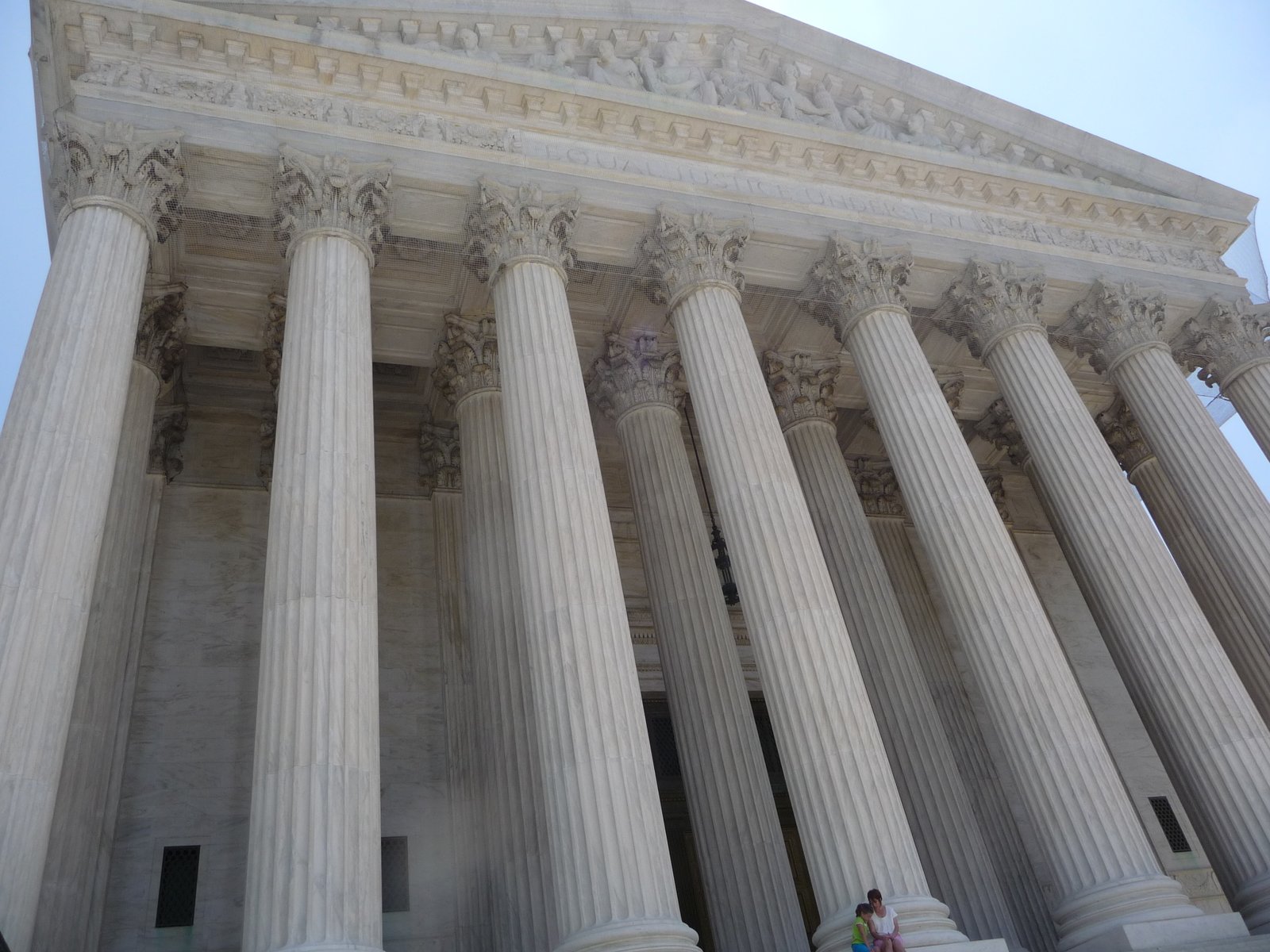
“In no circumstances shall magistrates enforce a law which has not been inscribed. No decree, whether of the Council or Assembly shall override a law. No law shall be directed against an individual without applying to all citizens alike, unless an Assembly of six thousand so resolve by secret ballot.”
(Andocides, 440 BC – 390 BC)
[dc]A[/dc] fundamental principle of societies from the earliest days of antiquity is that laws and policies must be written down. Even the first five books of the Torah focus on law and policy down to the most minute detail. Those who attempted to make up the law as they went along are remembered as dictators and tyrants whose ad hoc rulings superseded all legitimate legal authority. Well-drafted law and policy bring about consistency and predictability – unwritten policies bring about chaos, confusion, and centralize power in a few individuals.
Last week, the Supreme Court decided that an unwritten policy controlled in a case involving a Muslim prisoner on death row who had requested that a member of his faith be present in the execution chamber – a right that Alabama claimed applied only to Christians by way of unwritten “policy.” This is a loaded case to be sure as many might feel that murderers on death row are not the most sympathetic parties, but the rationale behind the Court’s decision could have a much broader impact. If government officials are able to enforce unwritten policies that infringe on core rights, the “rule of law” will disappear.
Last week, on Thursday, the U.S. Supreme Court allowed the execution of an Alabama inmate to proceed without his clergy member present. According to statements related to an unwritten policy of the state, which only came to light when the circumstance arose, “a Christian prisoner may have a minister of his own faith accompany him into the execution chamber to say his last rites.”
In this case, Dominique Ray was a Muslim, not a Christian, and the state of Alabama said he had no right to have a Muslim clergy member in the execution chamber for unspecified “security” reasons. The Eleventh Circuit of Appeals had issued a temporary stay on Wednesday, but Alabama issued an emergency appeal to vacate the stay. The Supreme Court voted 5-4 to vacate the lower court stay and allow the state to proceed with the execution. The Court’s decision is unwritten, with the only record of the 5-4 decision being the dissent of Justice Elena Kagan, joined by Justice Ginsburg, Justice Breyer, and Justice Sotomayor.
In its “emergency” motion to the Supreme Court to vacate the Eleventh Circuit’s stay of execution to study the issue, Alabama attempted to prove that unwritten policy existed via a sworn affidavit (see Exhibit A of this document) of Jefferson Dunn, the Commissioner of the Alabama Department of Corrections who said it was a “long-standing policy.”
Justice Kagan wrote that the Alabama policy violates the Establishment Clause by preferring one religion over others. “Under that policy, a Christian prisoner may have a minister of his own faith accompany him into the execution chamber to say his last rites. But if an inmate practices a different religion – whether Islam, Judaism, or any other – he may not die with a minister of his own faith by his side. That treatment goes against the Establishment Clause’s core principle of denominational neutrality.”
Justice Kagan argued that the state should have been required to show that “its policy is narrowly tailored to a compelling interest. I have no doubt that prison security is an interest of that kind. But the State has offered no evidence to show that its wholesale prohibition on outside spiritual advisors is necessary to achieve that goal. Why couldn’t Ray’s imam receive whatever training in execution protocol the Christian chaplain received? The State has no answer.”
The only reason the execution had to occur now, on an “emergency” basis, rather than allowing the case to be heard was “so the State can meet its preferred execution date,” wrote Justice Kagan. “I respectfully dissent.”
Analysis: The prisoner’s claim under the Religious Land Use and Institutionalized Persons Act (RLUIPA), 42 U.S.C. §§ 2000cc, was not addressed by the Supreme Court, but would have been addressed if the case had been allowed to proceed within the Eleventh Circuit.
In this case, Alabama claimed that it had a policy in place that only prison employees could be present in the execution chamber and that since the only chaplain who was a prison employee was a Christian, it treated every prisoner the same way. But there is no evidence of a written policy upon which to hinge its argument, and the state refused to release any written policy, so it is reasonable to assume that it did not exist. In ruling that an unwritten rule, quite possibly manufactured after the execution was already scheduled, should not be subject to a judicial Establishment Clause and potentially Free Exercise Clause analysis, the Court has created a troubling precedent that targets the principle of the rule of law.
Justice Kagan’s Dissent – Case: Dunn v. Ray, 586 U.S. _____ (2019) – Decided 2/7/19 – https://www.supremecourt.gov/opinions/18pdf/18a815_3d9g.pdf

